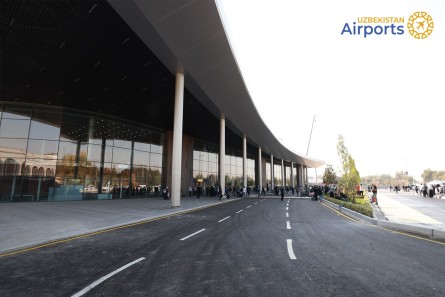Uzbekistan intends to "seriously review its approaches" and give "a qualitatively new dynamic" to its membership within the Commonwealth of Independent States (CIS), the President of Uzbekistan Shavkat Mirziyoyev said at the roundtable of the Council of Heads of State of the CIS in Sochi on October 11.
“The CIS for Uzbekistan is not merely a "platform" for dialogue, exchange of opinions and “time check". For us, it is the most important institution for practical cooperation in priority areas, and the member states of the Commonwealth are our natural partners, neighbors and friends.
In this regard, we have decided to raise the level of the Uzbekistan’s national coordinator for CIS from the Deputy Foreign Minister to the Deputy PM. The country also renewed its membership in the CIS Economic Council, he said.
"We are interested in stepping up cooperation on a number of priority areas, primarily in the areas of trade, investment, transport, tourism, education and science, as well as in the field of security. We are ready to join the activities of a number of branch bodies of the CIS, where we did not participate earlier.
"As a first step, Tashkent will on November 3 host the first meeting of the Council of CIS Heads of Government. In case of your support, we are ready to assume the chairmanship in the Commonwealth in 2020 and hold the summit in Uzbekistan.
Times convincingly testify that today the old approaches are not effective any more. It is necessary to focus on constructive practical interaction. We need a powerful leap forward.
Uzbekistan’s priorities in the CIS are the soonest creation of a full-fledged free trade zone, development of an effective integrated transport system, expansion of applied scientific and technical cooperation and educational exchange, utilizing tourism potential, stepping up cooperation in the military-technical sphere , as well as cooperation in the field of "uncompromising struggle against crime, terrorism, illegal drug trafficking and human trafficking".
The ongoing tension in Afghanistan remains a serious challenge. Uzbekistan expresses readiness jointly with Russia, Central Asian countries and other CIS countries to contribute to the search for a political solution to the Afghan crisis.
In today's globalization, we must not forget about the true, fundamental values that form the basis of any state and society. To exchange experience in this area, I propose to hold an international conference in Uzbekistan on the role of self-governing bodies in the strengthening of the family and the upbringing of the younger generations.















